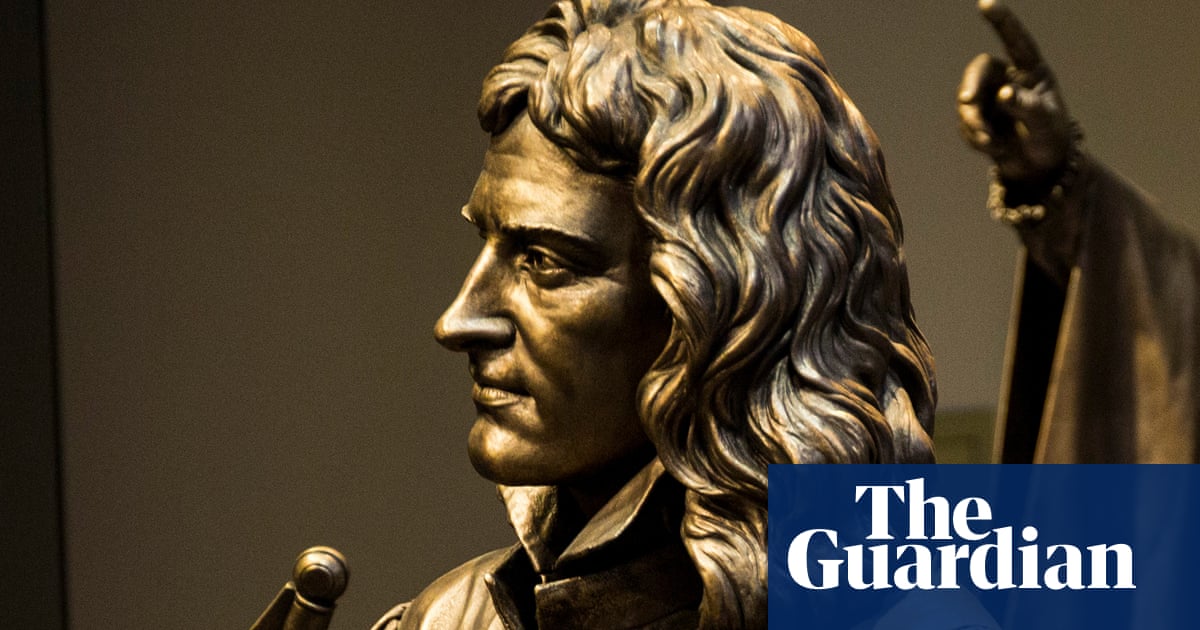Summary
A new book, Ricardo’s Dream by Nat Dyer, reveals that Sir Isaac Newton’s wealth was closely tied to the transatlantic slave trade during his tenure as master of the mint at the Bank of England.
Newton profited from gold mined by enslaved Africans in Brazil, much of which was converted into British currency under his oversight, earning him a fee for each coin minted.
While Newton’s scientific legacy remains untarnished, the book highlights his financial entanglement with slavery, a common thread among Britain’s banking and finance elites of the era.



He was a rich dude in the 16 to 1700s, his wealth could only come from the suffering of others. While an interesting tidbit about his life, what does it have to do with his math? Not like we can stop using it due to his moral incompatibility with the present day…
Nobody gains massive wealth without the suffering and exploitation of others, not the 1700s, not in 800BC and not today.
Hundo p!
Extreme wealth is built on the back of extreme poverty.
Heads or tails. Billionaires or slaves. And don’t kid yourself; literal slavery still exists.
The summary in the body says his scientific legacy remains untarnished, so it has nothing to do with his math.
However, much like America’s Founding Fathers, it is important to account for the amount that important European and European-descended people in the 17th, 18th and 19th centuries (really even the 20th) benefited from the transatlantic slave trade. An accounting of history’s wrongs is necessary.